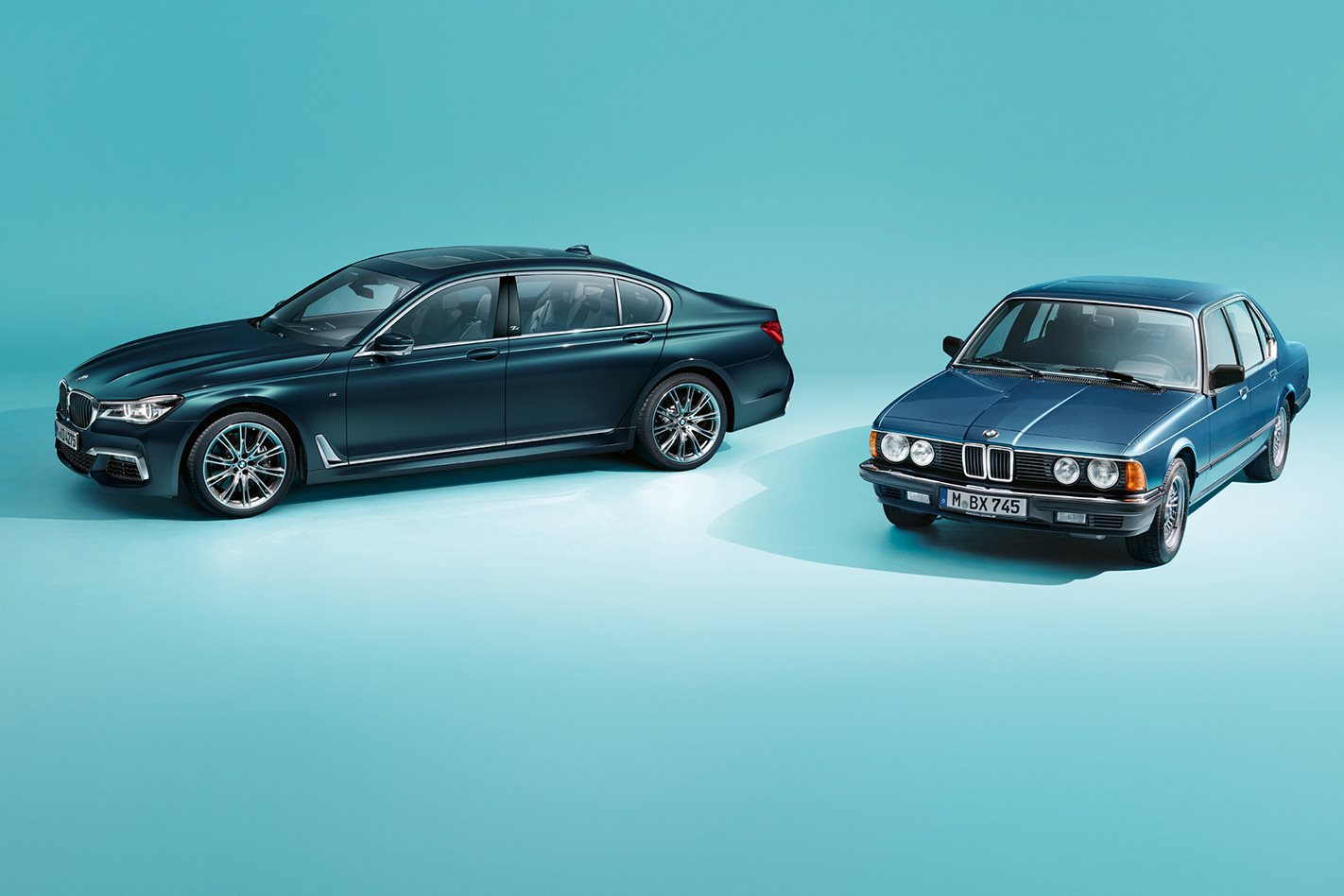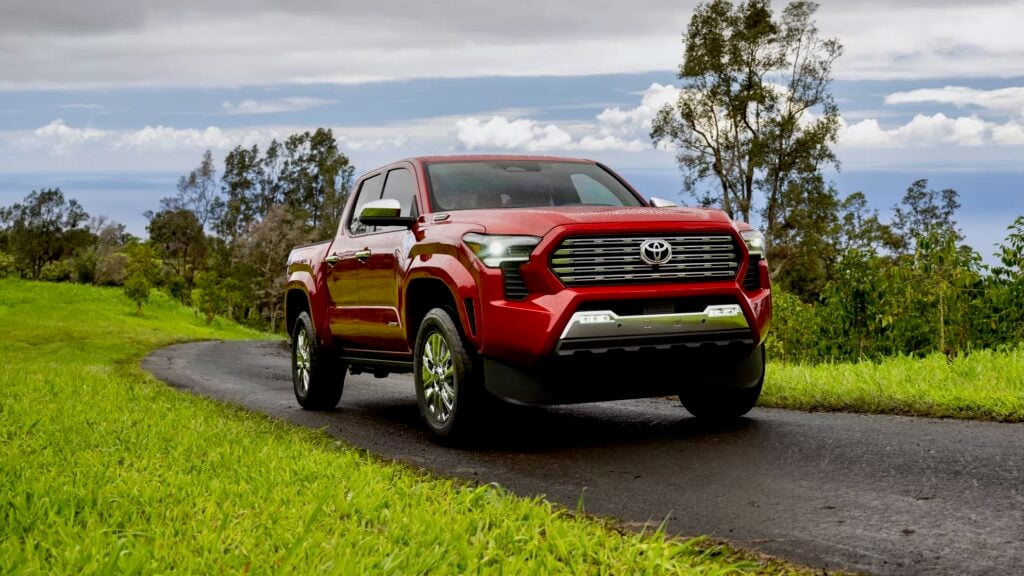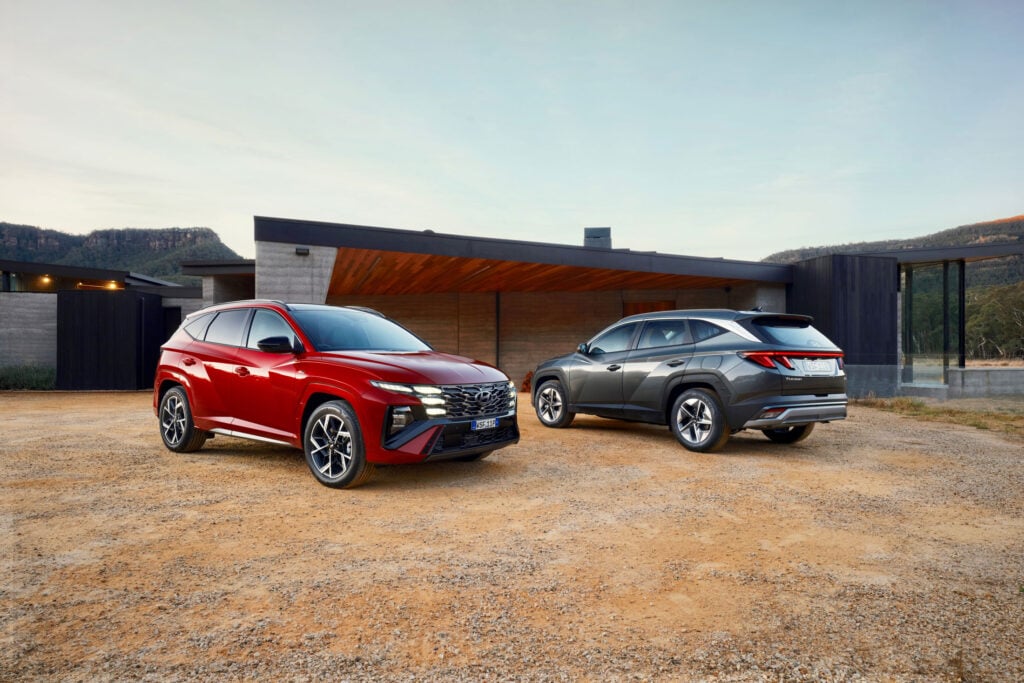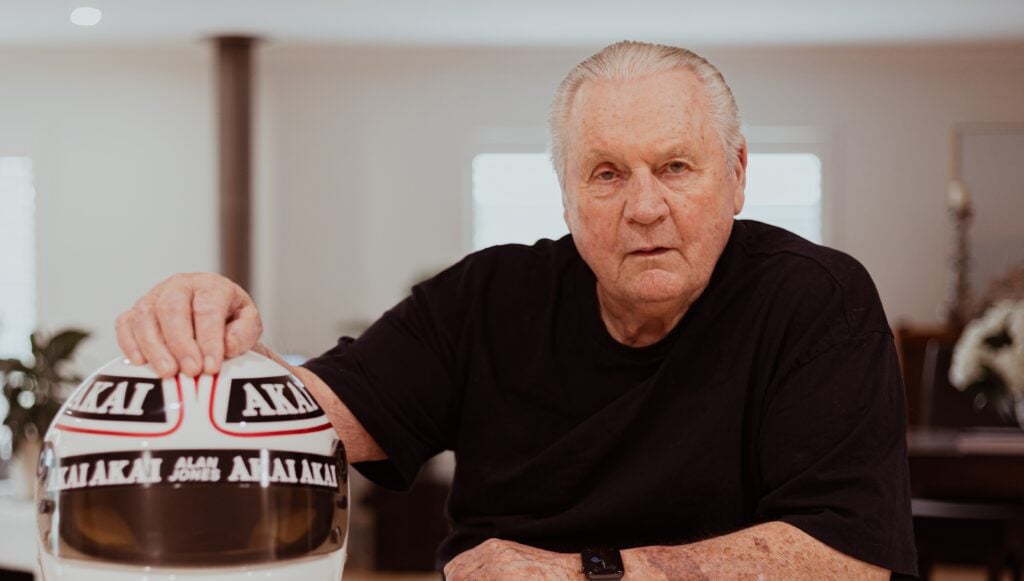BMW has revealed a special limited edition of its 7 Series halo sedan that marks 40 years of the luxury limo, ahead of its official public debut at the Frankfurt motor show in September and an Australian arrival towards the end of the year.
The exclusive 7 Series Edition 40 Jahre will be limited to just 200 examples worldwide and while exact Australian allocation and pricing is yet to be confirmed, a number will be making their way to local driveways and garages.
Customers are offered a selection of bespoke treatments that enhance interior and exterior design of any 7 Series variant in the current range.
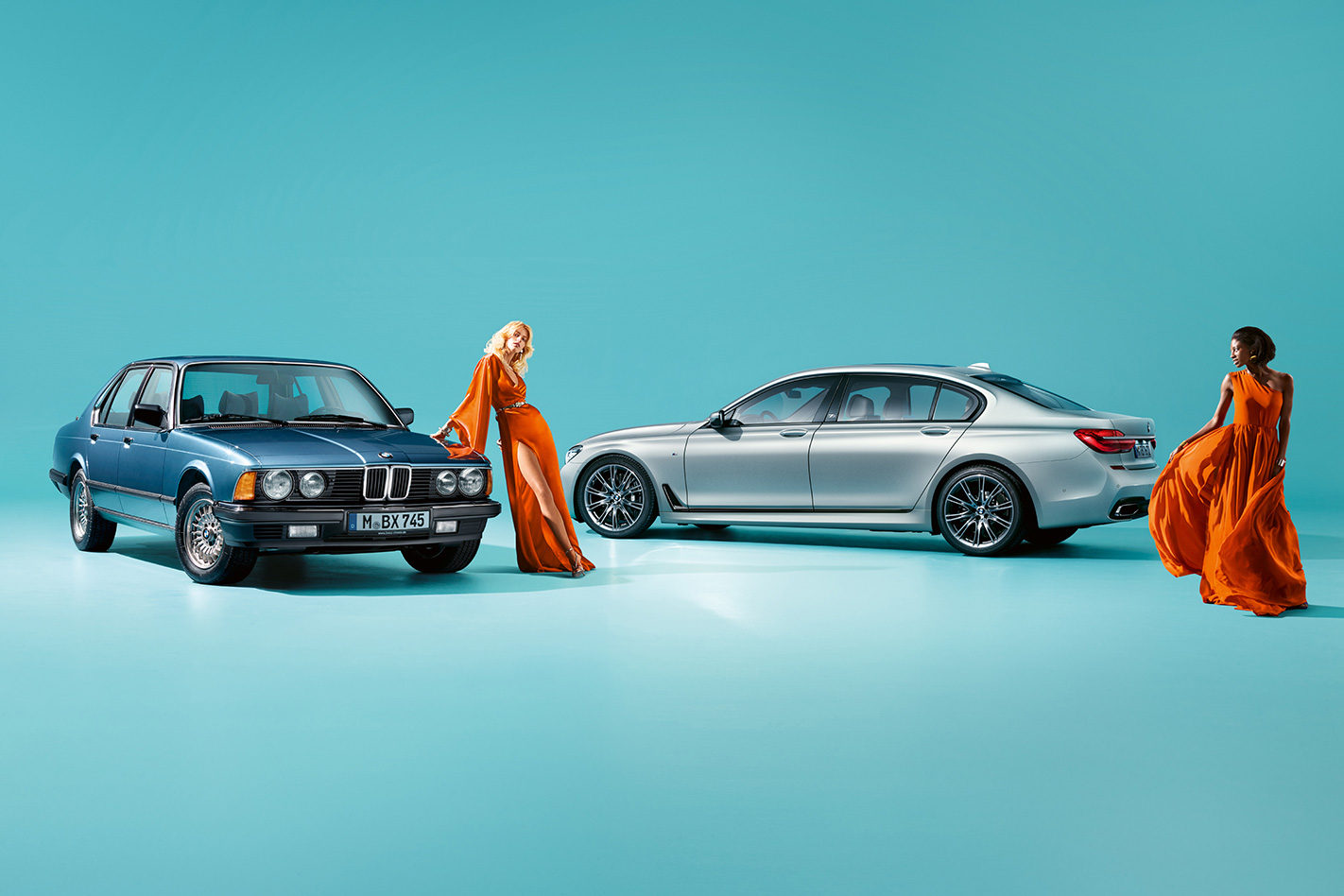
The 40-year celebration continues on the inside where comfort seats are fitted as standard in both front and rear rows, and upholstered in a choice of Smoke White and Cohiba (a type of cigar) or Smoke White and black Merino leather.
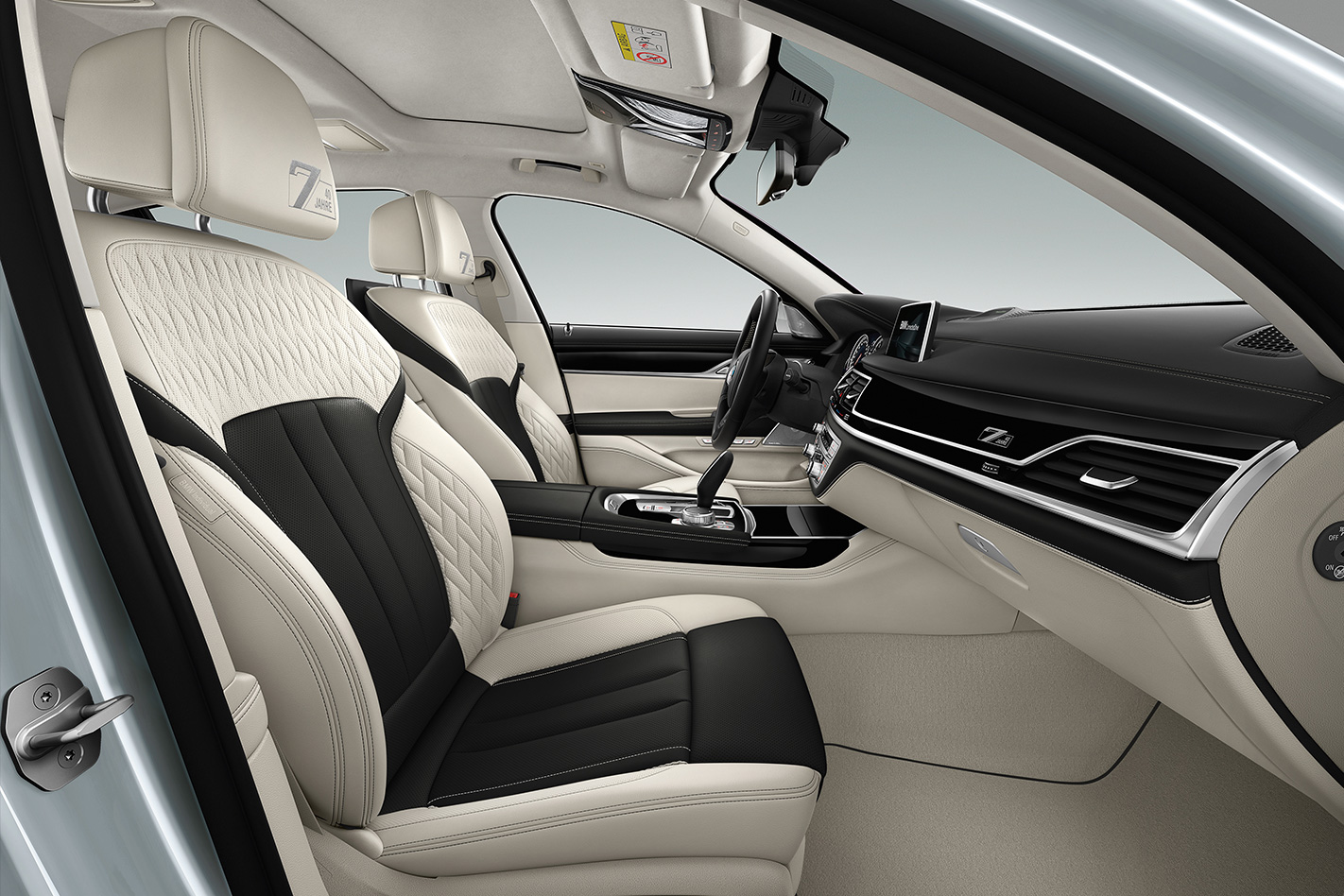
The 7 Series becomes the third model in the BMW line-up to wear the anniversary Jahre (years) plate, following the M5 and M3 that were given the treatment in 2014 and 2016 respectively for 30 years of service.
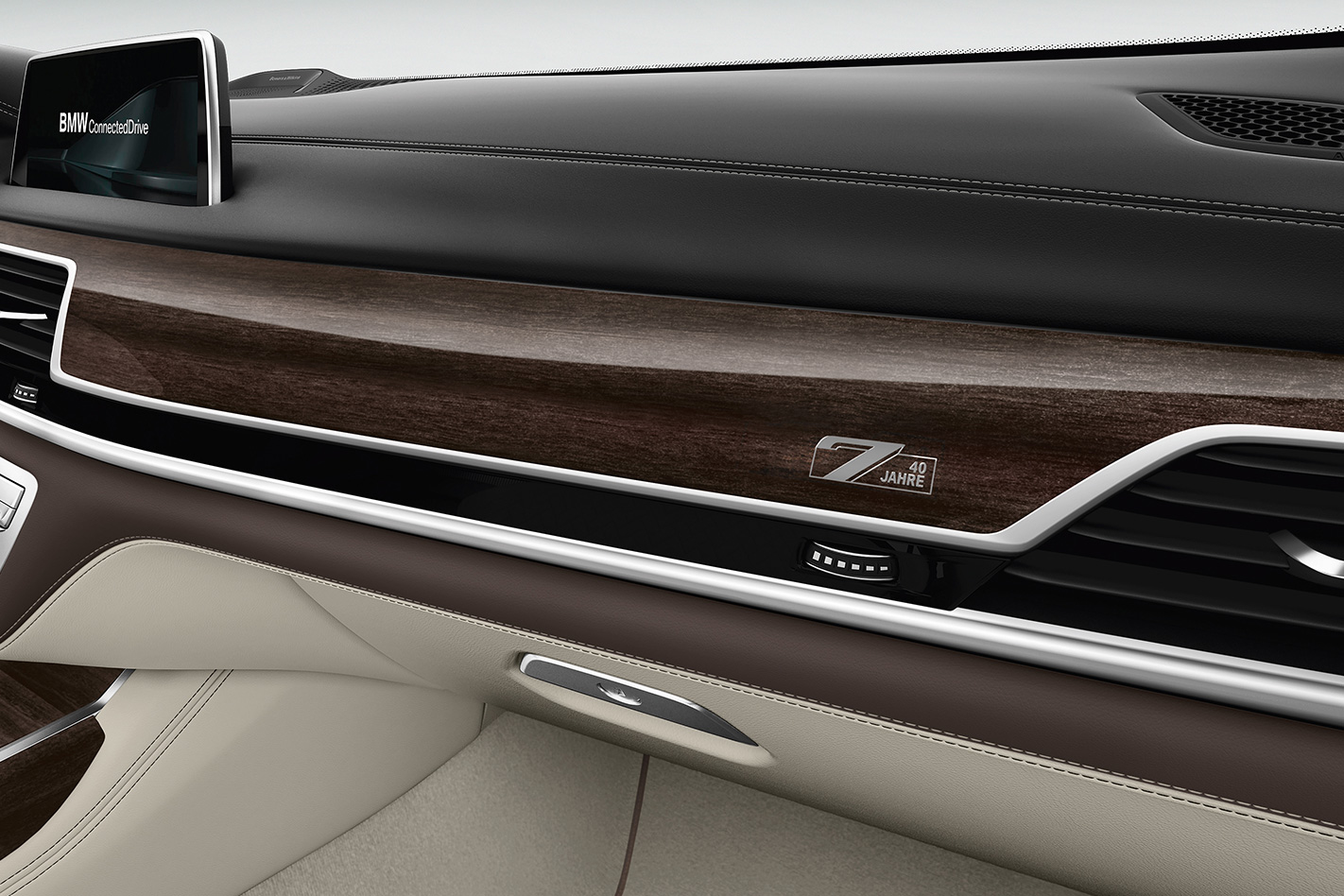
But that hasn’t stopped the car maker coming close to a coveted M7, with a number of models that punctuate its 40-year evolution, and some memorable hardware.
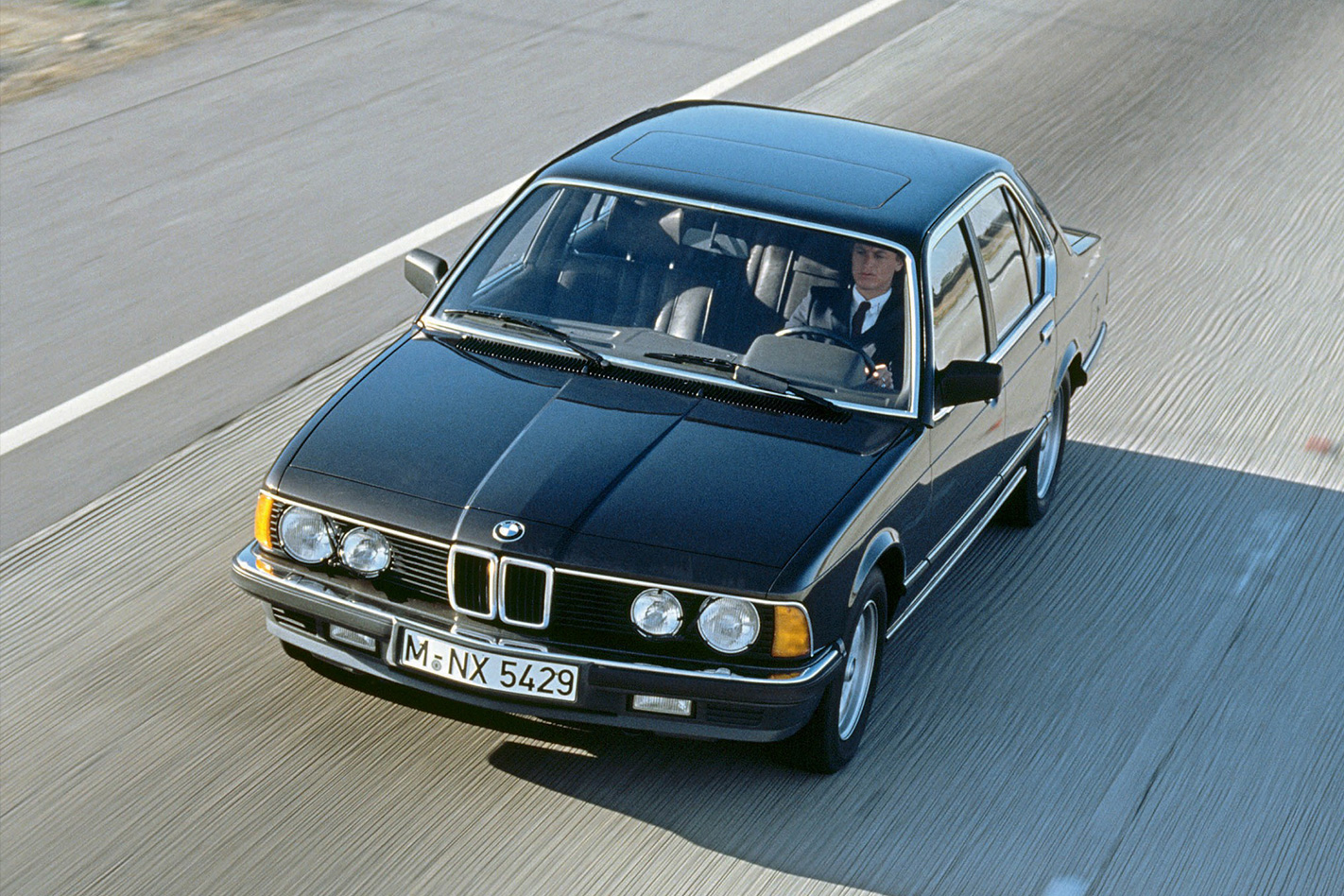
Slotting the same engine into a right hand drive version was impossible with the steering column occupying the space needed for the turbo, but BMW managed to produce an even more potent 745i for South Africa thanks to the 213kW M88 M-power engine borrowed from the original M5. A true M7?
For its second-generation, the E32 7 Series gained V8 and V12 power to match increasing size and weight, but neither engine resulted in M-car pace. Had an experimental version made it through to production however, and the story could have been very different.
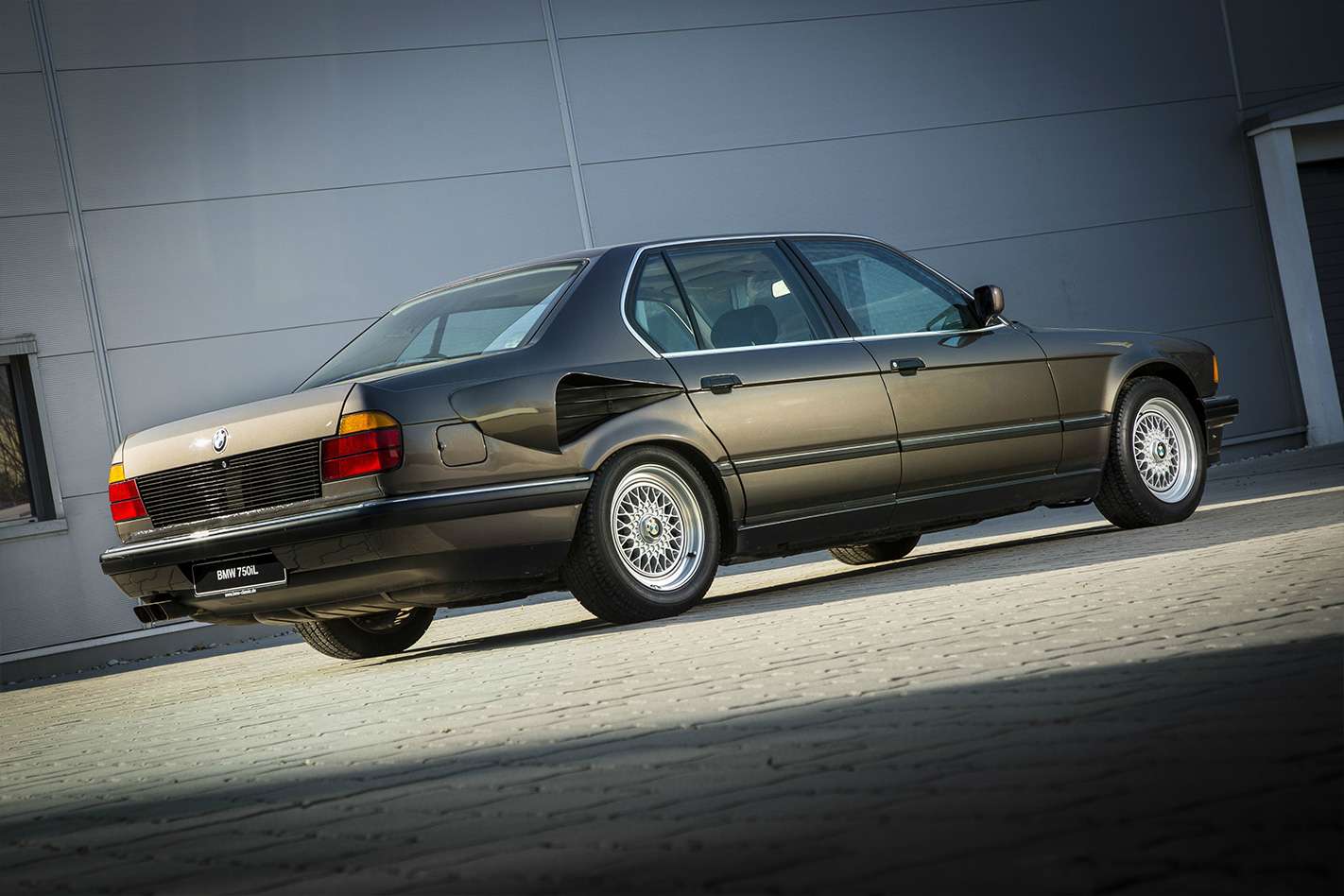
The massive engine left no room under the bonnet for radiators, which had to be relocated to the boot complete with crude side-pod air ducting. Had it been let off the leash, its 300kW and 613Nm would have likely matched M-car pace of the late 1980s.
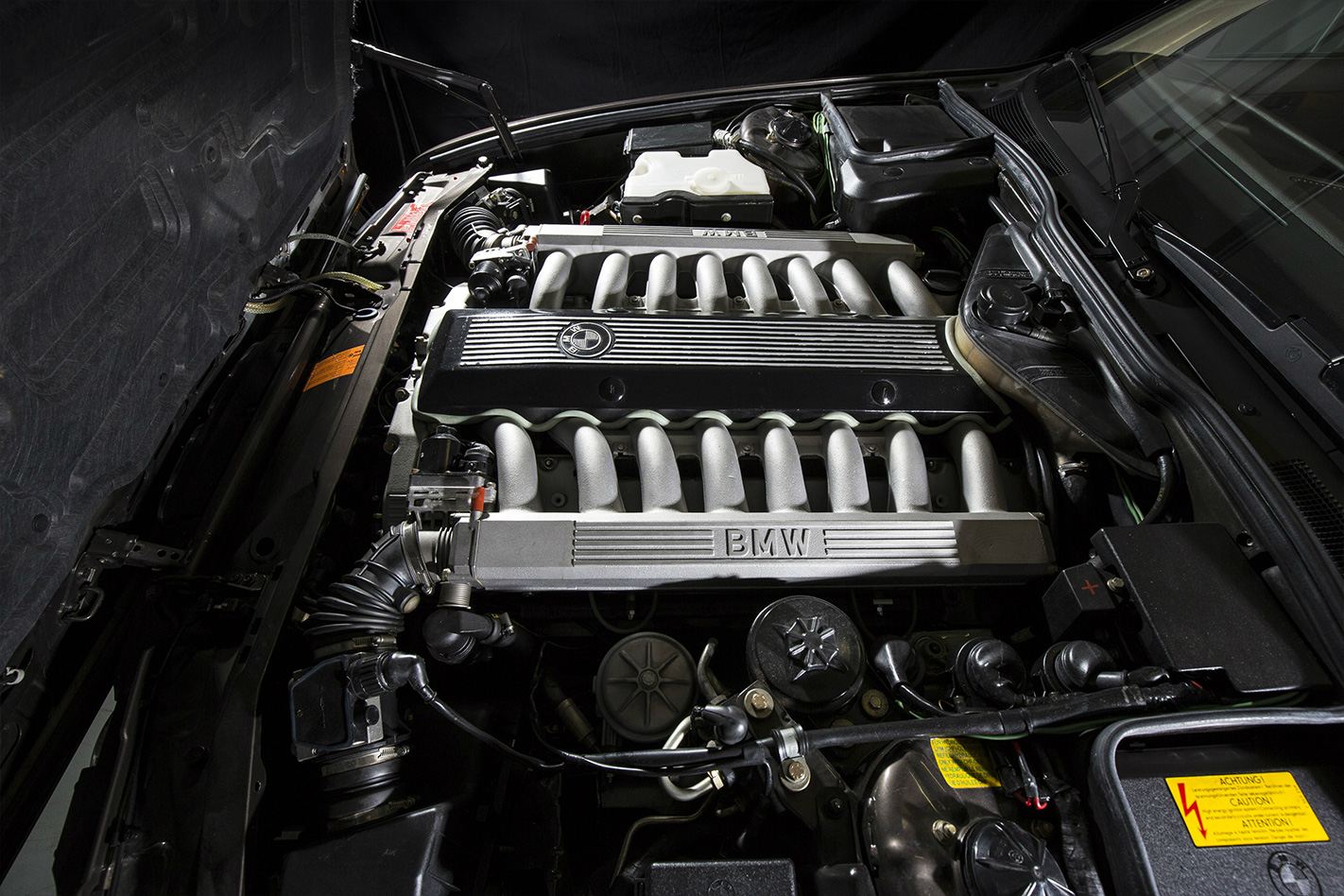
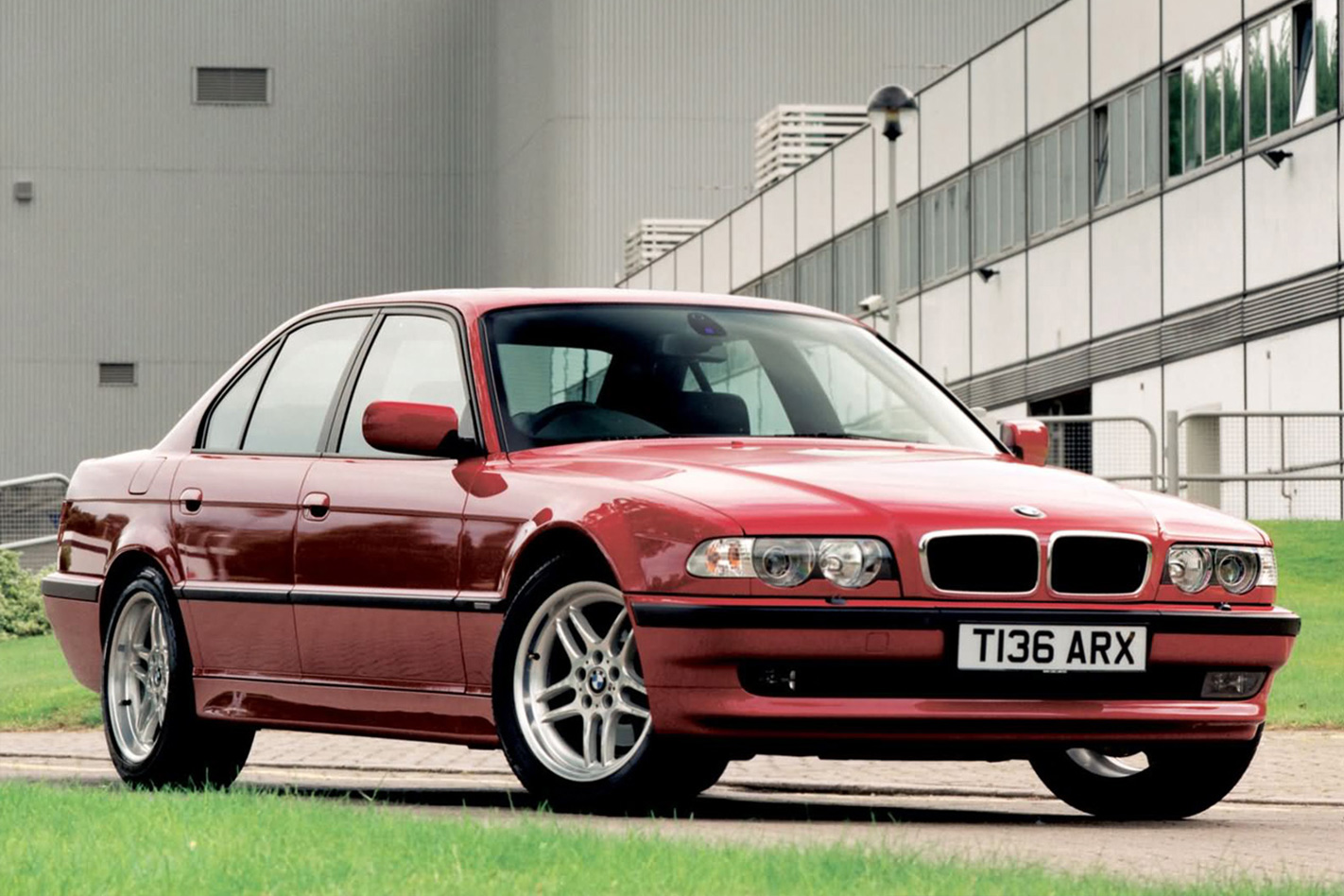
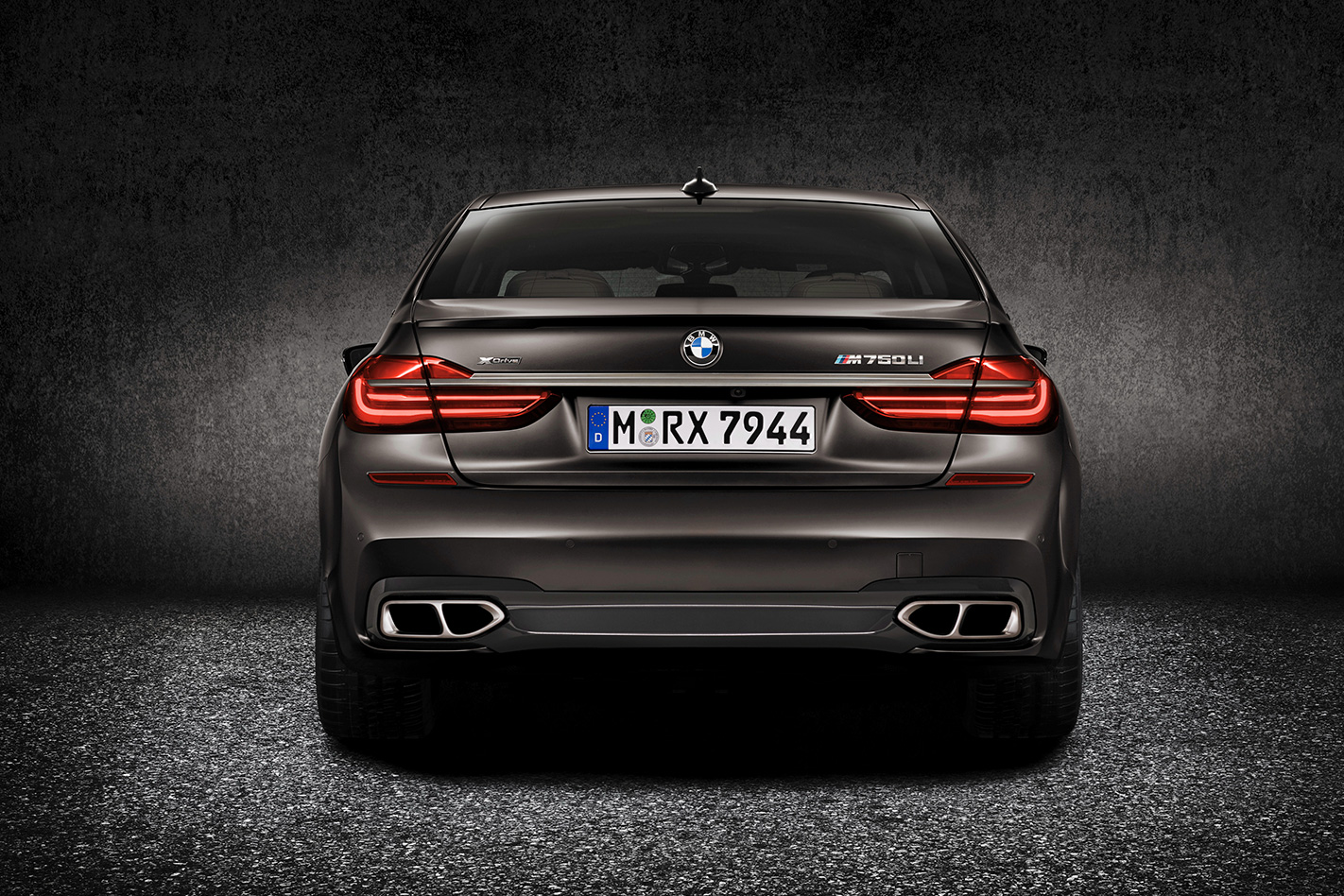
Until BMW changes its principles on the BMW 7 Series model, this is as fast as the brand’s luxury limo will go.


